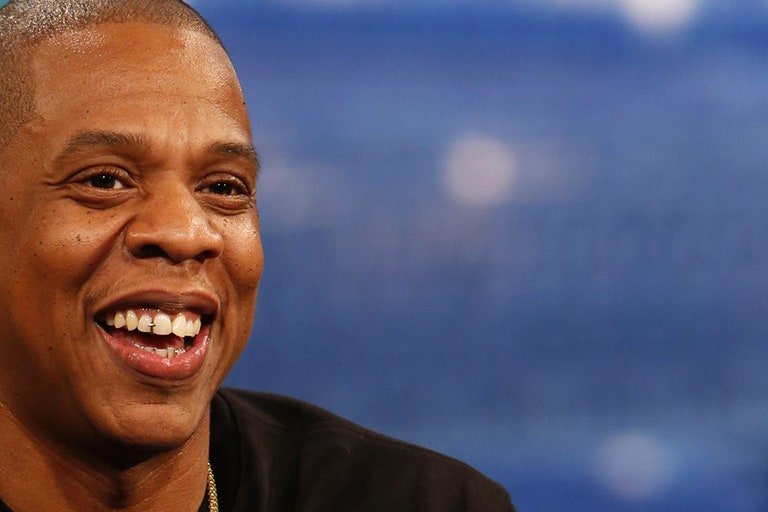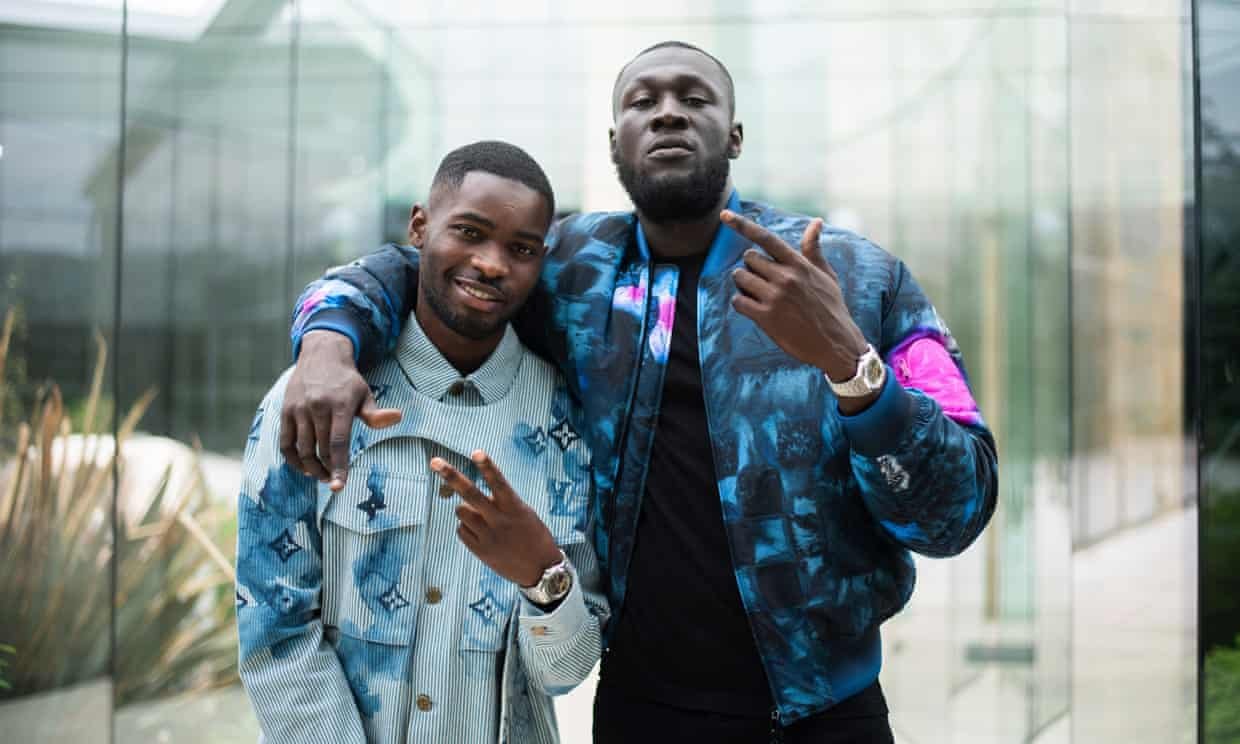A special blog by BSWN Intern, Adan Jirde
Growing up as a young Black Man,
“I was heavily motivated by seeing artists that look like me with power and influence really speaking out against institutional injustices.”
With artists like Tupac and Biggie Smalls changing the usual stigma surrounding rap and Hip-Hop by rapping about the struggle and issues Minoritised people faced regularly, they allowed disadvantaged communities to relate to their lyrics. This Kickstarted a domino effect of rappers steering away from the typical rap music and making more conscious music. This inspired me growing up, as for a young kid this creates positive Black role models they can relate to.
Gospel, blues and country music were some of the first but it was the 1960s that brought us Motown and the Detroit sound of blues crafted with an ear towards pop appeal. This gave us music legends such as Stevie Wonder, Smokey Robinson and the Jackson 5. But it still comes as no surprise that one of the biggest contributions to music that Black culture has made is to Hip-Hop and Rap Music. Since the 1980s, Hip-Hop has been the predominant genre for Black culture and has gone on to really shape and influence the latest generations, with powerful artists speaking up and providing a voice to marginalised populations.
Photo of the Jackson 5 in 1972, image sourced from Wikipedia.
Over the last 20 years we have seen our fair share of influential rap legends, but only a few are met with the same respect as Jay Z.
“One of the most popular rappers of the past 2 decades, Jay Z is considered a pioneer of rap music on a whole.”
Despite being 21 years into his career is still as relevant as ever. One thing Jay Z taught the younger generation is that being in the Music industry is an avenue into being a successful entrepreneur despite where you come from. This is evident as he went from being a drug dealer before becoming an artist, to starting his own label, Roc-A-Fella records to release his 1996 debut. It was the start of an illustrious business career as he went on to build his own brands with clothing line Rocawear, D’usse cognac and Tidal streaming service. His success allowed Jay Z to go on to become HipHop's first ever billionaire, subsequently proving to the younger generations that anything is possible with the correct mindset.
Photo of musician and Hip-Hop producer Jay-Z sourced from Randy Holmes/ABC/Getty Images.
The UK Hip-Hop scene isn't as globally influential as the States but is still pivotal in the younger generations. A good example can be found in Santan Dave - an intricate, clear-minded and conscious young rapper who differentiates from standard Hip-Hop artists by touching on the UK’s volatile political climate and many other social injustices. Along with his innate ability to relate with the younger generation and connect with them through his music, this makes him a front-runner in distinguished UK artists that lead by example. This is all despite Dave’s tender age of 23. Despite breaking onto the scene at only 17, he managed to make a huge name for himself by the age of 19 when he released one of his most famous songs ‘Question Time’. Through this song, he sternly addresses Theresa May, David Cameron and more, highlighting the impact of the Grenfell Tower fire, Brexit and the war in Syria. I believe this was paramount in educating the younger generation with majority of them partly oblivious to more of the serious matters around the world.
Artists like Stormzy and Dave have really shaped into role models for Generation Z, as they both tend to step away from the natural stereotypes of urban Black rappers who normally talk about money, cars and girls. Dave and Stormzy deliver messages of peace and love in their music. Inspired by their religious beliefs, they both pass positive messages to the youth which are embraced by their fans. Generation Z is the generation that has supported music streaming the most with 62% streaming music off of Spotify and Apple Music daily with a huge average of 4 hours a day. It is clear that music is common ground for pretty much all members of this generation. We are also found to be the most influenced generation by online advertising of entertainment with 52% frequently engaging with digital ads compared to 30% on average for other generations.
Photo of Dave and Stormzy image sourced from The Guardian.
This engagement with music, specifically Rap and Hip-Hop which are both heavily influenced by Black culture, has definitely led this generation as a whole to embrace Black culture. Also locally in Bristol, artists like Wish Master are as influential on the young communities as other artists. This is due to them be highly relatable to young kids from the surrounding areas and with them living local, it creates a connection between young fans as they are living in the same real life environment as them. Wish is also an entrepreneur with his own record label Official Recordings, with a distribution deal with a Major label which provides a platform and the facilities a young artist from Bristol needs but may not be able to attain.
Unlike Generation Z, those in power in the corporate side of the industry and labels aren't as welcoming of Black talents and music, with 63% of Black musicians facing racism and barriers because of their background despite increased representation for these Black artists. This has led to a lot of newer upcoming Black artists taking the independent route, learning from the mistakes of their predecessors which allow them to be successful without the exploitative and restraining challenges that arise from record deals.
“However despite the negative connotations surrounding the major record labels, there are numerous Black-owned record labels in which they empower and push Black artists to reach their potential.”
Nevertheless, this was still an anomaly for a long time and it wasn't until the end of the 20th century that we saw record labels such as Death Row Records, Cash Money Records, Roc Nation Records and Def Jam Recordings. Even then, these were still only a handful of Black-owned labels in a sea of corporate record labels, although finally now in 2021, there are more Black-owned labels than ever before with many packing the resources and influence to reshape the industry permanently.
Image of Jay-Z and Meek Mill image sourced from Trapital.
Conclusively, my experience of understanding the influence of Black culture in the music industry led me to conclude that despite Black culture having a heavy influence on certain genres of music, it is still not the predominant culture in the music industry with only 1 Black artist sitting in the top 10 official UK top 40 and 3 Black artists sitting in Americas Billboard Hot 100 top 20. This under-exposure translates through to music awards with only 24% of the Grammys nominees being Black, and in the 61 year history of the Grammys, their most prestigious award of ‘Album of the Year’ has only been awarded to a Black artist 12 times. With Stevie wonder winning 3 times, that leaves only 10 Black artists who have been presented with this award. Even more surprisingly, despite the recent success of numerous Black artists worldwide, it has been a whole 14 years since a Black artist won ‘Album of the Year’ when Herbie Hancock won in 2008 for covering a collection of songs that were originally recorded by a white woman.
Photo of Stevie Wonder at the Grammys sourced from his website.
“In my opinion, this signifies that racial prejudice is still a huge barrier for young Black artists in the music industry despite their significant impact on music culture on a whole.”
I believe all of this highlights that despite the hugely significant influence Black culture has had on music past and present, it seems the music industry is still mainly dominated by the white Western culture.






